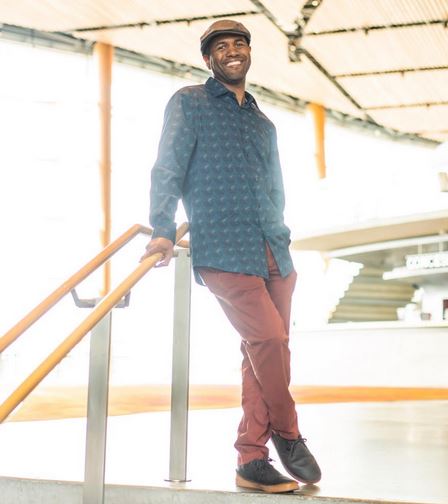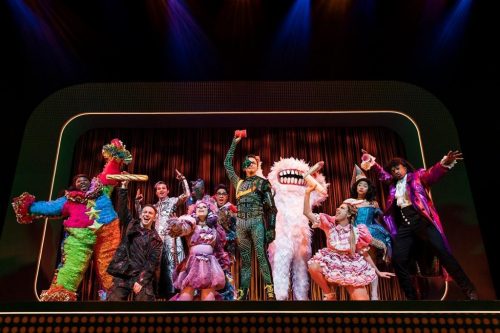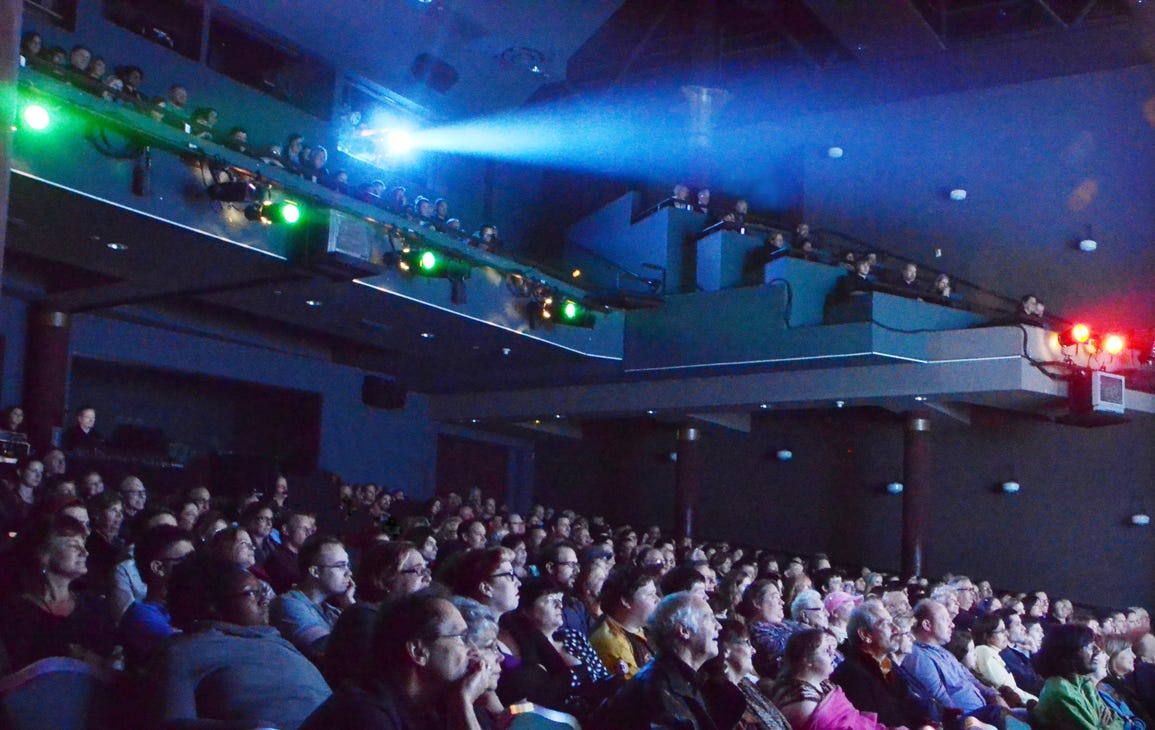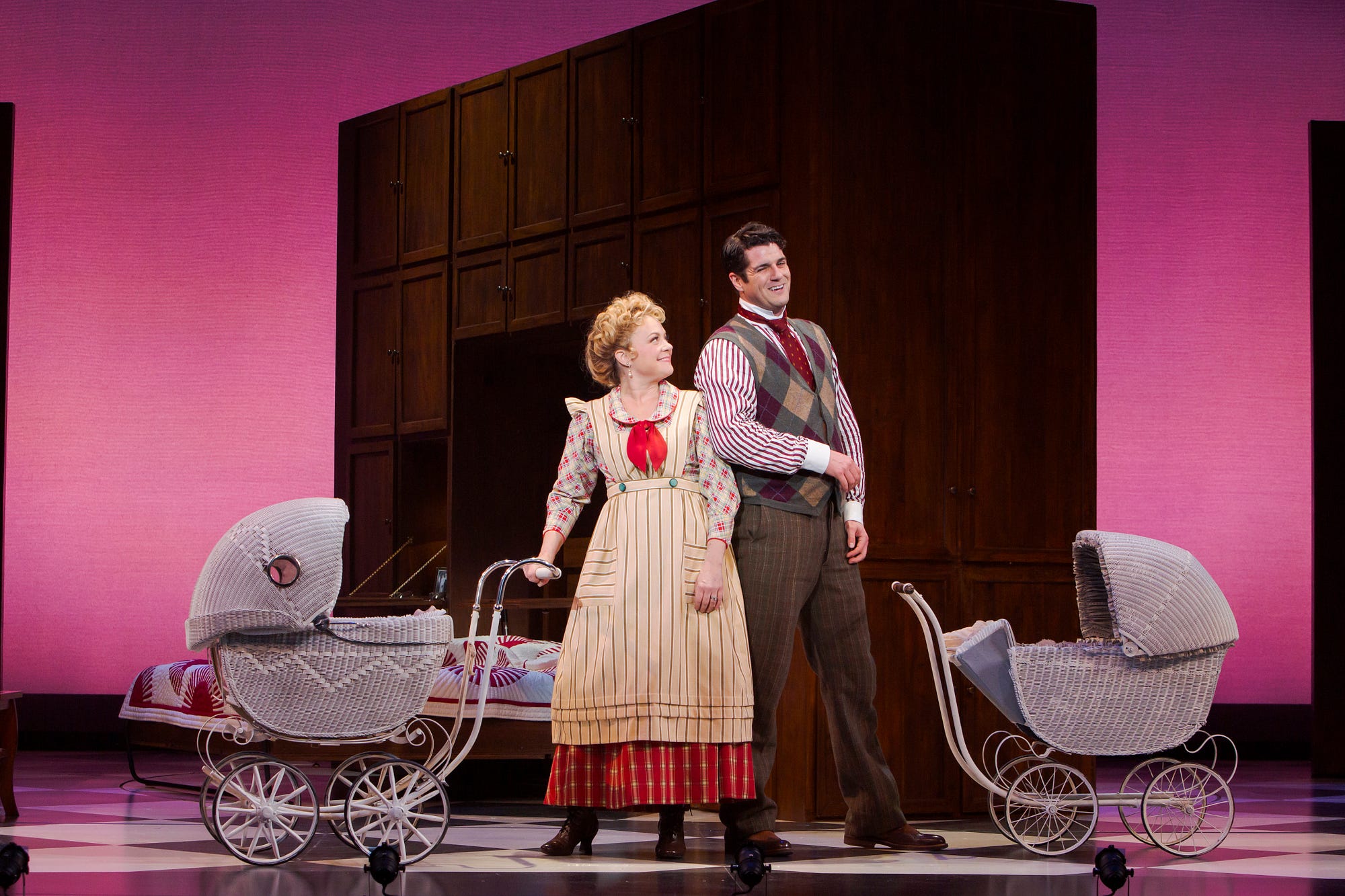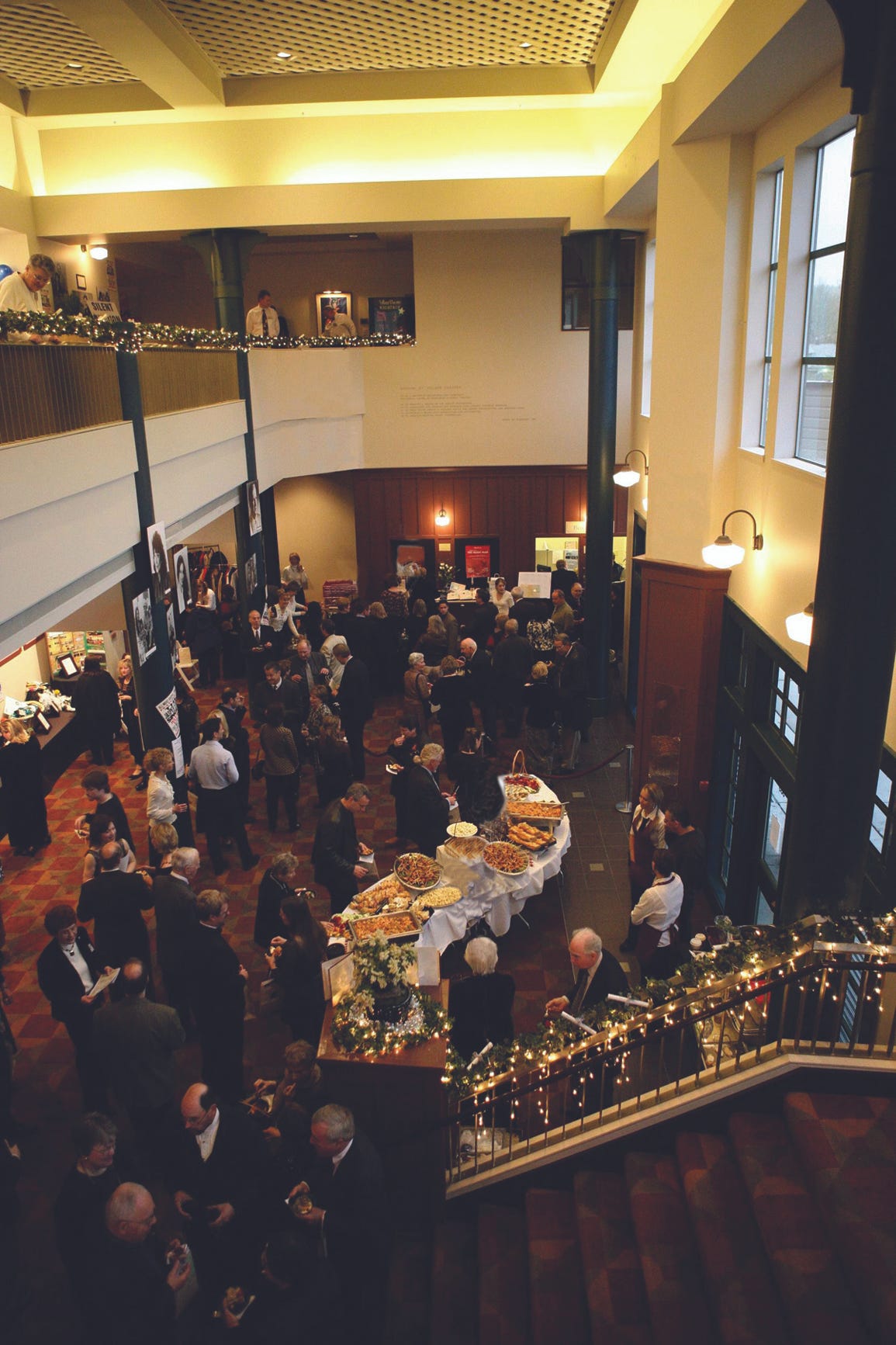We interviewed Audrey Cefaly, playwright of Maytag Virgin. Read her interview below, and be sure to get your tickets to Maytag Virgin now before they sell out!
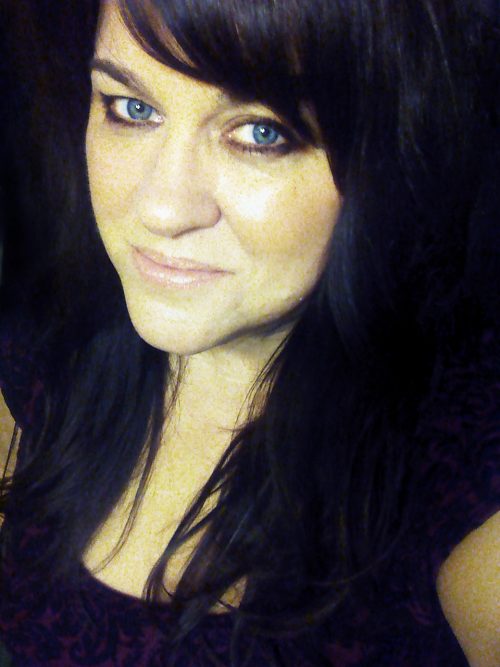
Can you tell us a little bit about the inspiration behind Maytag Virgin? Were there any specific influences?
The idea first came to me during Washington D.C.’s annual Intersections Festival back in 2012. The show’s curator, Gwydion Suilebhan, asked me to join a group of local playwrights to collectively answer a prompt for pieces “exploring a collision of people of different ages, races, cultures, classes, or sexual identities.” I chose to write a short solo piece about a Southern protestant woman and the tension that arises when a Catholic man moves in next door.
While the finished piece wasn’t exactly a firestarter in a city hungry for political theatre, it did feel authentically southern and 100% on brand for me. In the end, it was very well-received in its short form. I adapted it into a full-length a few years later for the inaugural Women’s Voices Theatre Festival. It is perhaps the most autobiographical of all of my plays.
What is your writing process like?
In my work, I start with the audience in mind. The pieces that I create (often “two-handers”) are structured specifically to effect a sort of communal release. I am also an outspoken proponent of stillness in story-telling; the silence in my plays is not incidental. On the contrary, it operates as another character in the narrative. It is my experience that a text stripped to its essence returns the gift of tension. Indeed, much of the story that would otherwise be inaudible reveals itself in these quiet moments. I love a cut almost as much as a great sentence. Almost.
Nothing in my writing is sacrosanct. I believe the best writers understand that the script doesn’t care about your feelings, it just wants to work. And that’s a very freeing idea. It means anything (no matter how good it is) can be demoted, truncated or cut entirely to make the piece work as a whole. There’s sort of this myth that we, as writers, are in control of our narratives, but the truth is each story is in the process of carving its own riverbed and it will “go like it goes” regardless of what you have in mind. For writers that work this way, there’s not a lot of room for preconception.
You identify yourself as a “Southern Playwright.” What is it about the south that continues to inspire your work?
The southern dialect has a musicality to it that pairs well with my love of lyricism; I traffic in Williams and Faulkner and Henley and McCullers. I love it all; it’s so rich and distilled. Alabama will always be a part of me. And these stories help me learn more about who I am. There is a sort of unapologetic simplicity to the southern way of life. That’s not to say that it isn’t without complication and it’s certainly very colorful, but the rules are simpler, I think. We’re in the Bible belt, after all; quandaries often involve one’s relationship with Jesus. Around the time of writing Maytag, I was watching a Stephen Fry documentary. He’d been doing some travelling across America and found himself at an Alabama parole board hearing (think of it!). It was fascinating to me how the parole officer kept invoking God as the path to rehabilitation. And that’s a scenario not uniquely endemic to the south, but an absolute principal for living: get God: get better. This theme permeates all of my southern pieces.
Besides being set in the south, are there common themes across your work? What is it about those themes that interest you?
Ever heard that old children’s song, “There’s a Hole in the Bucket (Dear Liza, Dear Liza)?” That’s my territory. I’ve always been interested in ache stories. I come from teachers and therapists and so I have a natural inclination to embrace those around me who are suffering; my writing is an outcrop of that tendency.There are a lot of people in the world like Jack and Lizzy who are adrift, unmoored, and looking around for something that feels like home. Maytag says yeah, and you know what, that’s kinda beautiful. It’s beautiful because we often find ourselves at the bottom—at our worst—at the very moment we are doing our damndest to love someone or to love someone through the hell of life. Those noble efforts, that drudgery…that’s what love is. And too often, in those “moments” we forget to love ourselves, we forget to ask for the love we need, we forget to breathe. We convince ourselves it will always be this way…that we are unlovable or that we have run out of chances. The rejection of this fallacy is really at the core of every single love story ever told. It is why we cry at movies and why we watch our favorite romances over and over again, pausing at those tender moments…the ones that speak to us. We are—all of us—longing to feel alive and loved…and to connect.
Does Maytag Virgin resonate with you differently given the times that we’re living in compared to when you wrote it originally?
These days, human touch is a fantasy. I used to characterize Maytag Virgin as a love story, and it is. But more specifically, it’s about being “seen.” Truly seen. And I think Jack does that for Lizzy. He’s the friend she so desperately needs. And though they live right next door to each other, they just can’t quite get to each other. So I think it’s that “so close and yet so far” vibe that’s really resonating with me right now.
Ultimately, what do you hope the audience will take away from Maytag Virgin?
One of the biggest themes in the play is guilt. We are witnessing a woman in the throes of grief and shame surrounding the untimely death of her husband and a man desperately trying to outrun the torment of ghosts from a not-so-distant tragedy of his own. But guilt is like dancing with the devil. It can take you under if you’re not careful. It can steal everything worth living for. It stands defiantly in the middle of the road, blocking all forward movement. The only way around…is through.
Grief, then — paradoxically — is the remedy. When we are reeling from tragic loss, the last thing on our minds is, “but at least I’m taking a good hard look at myself.”
Indeed, there is a certain sleight of hand in the revelatory nature of grief. It is perhaps the greatest form of self-love we are afforded as humans. It has the power to bring us face to face with ourselves. To question our own identity. And ultimately to love ourselves in some very important ways.
There’s a water motif that runs throughout the play. If the audience is open to look for those moments, I do think they will come away with a deeper understanding. Hopefully they will feel the uplift that I feel when I experience Jack and Lizzy. It’s an endearing relationship, and there’s certainly room for laughter and release. On a deeper level, I hope they will see themselves in the characters.
Read the full interview from the Gulfshore Playhouse here.
